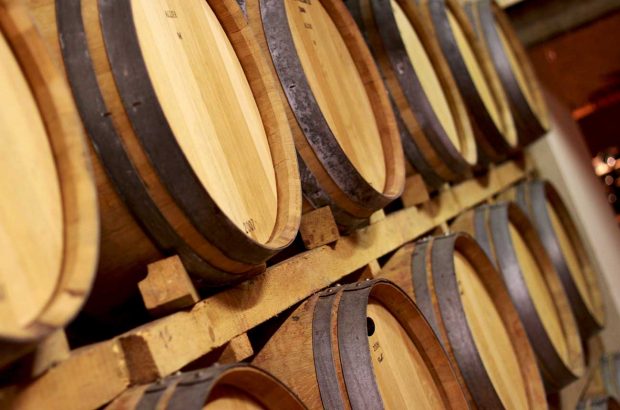The European Council has finally approved watered-down wine reforms originally proposed two years ago.
The reforms will come into effect in August and follow months of debate and revision by ministers from member states.
The original reform, championed by EU Agriculture minister Mariann Fischer-Boel in 2006, included controversial and wide-ranging grubbing-up plans as well as a cap on chaptalisation (adding sugar to unfermented grape must).
The proposals angered many representatives from wine-producing countries and the reform was rehashed by EU ministers over three days in December.
One of the measures approved today is a voluntary three year scheme to uproot vines covering 175,000ha (hectares) – less than half the 400,000ha originally proposed by Fischer-Boel. The phasing out of subsidies for crisis distillation and funding of member states to promote their wines outside the EU have also been approved.
Chaptalisation will no longer be banned after 20 member states lobbied to retain it. Planting restrictions will continue until 2018 at the latest, rather than 2013.
EU commission agriculture spokesman Michael Mann told decanter.com that the reform would improve quality of European wine.
‘People will no longer be able to produce poor quality wines knowing they could be distilled – they have to work without this safety net,’ he said.
Certain measures, such as the amount for the one-off payment to be given to producers for uprooting vines (€7,000 per hectare in last year’s proposals) were still to be finalised ahead of August, he added.
Pascal Bobillier-Monnot, director of French national wine producers’ association CNAOC, told decanter.com that the renegotiated reform was ‘a move in the right direction’, especially in terms of improving competitivity of non DO-status European wines on the global market.
However, he warned that ending planting restrictions would be a ‘fundamental error’ for DO wines, highlighting that only half of the 120,000ha available in the Cotes du Rhone appellation are currently planted.
‘To properly manage quality, production has to limited,’ he said.
Trade bodies would lobby the commission to maintain planting restrictions, he added.
Written by Frances Robinson




